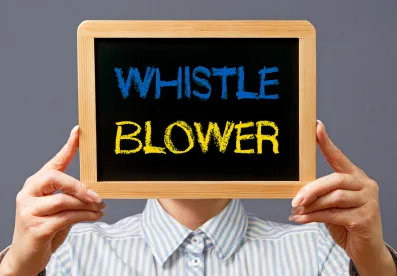June 3, 2021 – An Illinois-based manufacturer of military vehicles and its parent company have agreed to pay the government $50 million to resolve allegations that they induced the U.S. Marine Corps to agree to contract modifications at grossly inflated prices by presenting fake sales invoices to substantiate their estimated costs. The government called this a “get rich quick scheme” at the expense of the safety of our military men and women and the wallets of taxpayers.
The US Marine Corps awarded the defense manufacturer a contract in 2007 and, under the contract, the defense manufacturer built nearly 4,000 Mine-Resistant Ambush Protected (MRAP) vehicles to replace Humvees which were vulnerable to roadside bombs. In 2009, as war efforts changed to different terrains, the Marine Corps needed to modify its MRAP vehicles with an independent suspension system. During the negotiations for the modifications, the military requested the defense manufacturer to provide evidence of prior commercial sales of the various parts needed for the modification to ensure fair and reasonable prices. However, the defense manufacturer did not provide real evidence to substantiate its prices. Instead, it fraudulently created invoices for sales that never occurred and through false representation grossly inflated the perceived costs of the vehicle modifications to the military.
When a whistleblower, a former employee who worked as a contract manager at the defense manufacturer, alerted the government to this scheme, the government recovered the money obtained through fraud by alleging violations of the False Claims Act which prohibits knowingly submitting false claims for federal funds.
This lawsuit originated from the whistleblower who brought the suit under the qui tam, or whistleblower, provisions of the False Claims Act. Whistleblower lawsuits allow private parties, known as “relators,” to bring suit on behalf of the government and to share in any recovery, usually 15% to 25% of the settlement amount. In this case, the whistleblower will receive almost $11.1 million—that is 22% of the settlement the government obtained from the defense contractor. Government contractor fraud is exposed by individuals with knowledge that the fraud is occurring. Whistleblowers might be employees, clients, or competitors of the government contractor. Such individuals can use their inside knowledge to bring the fraud to the attention of the government.




 />i
/>i

